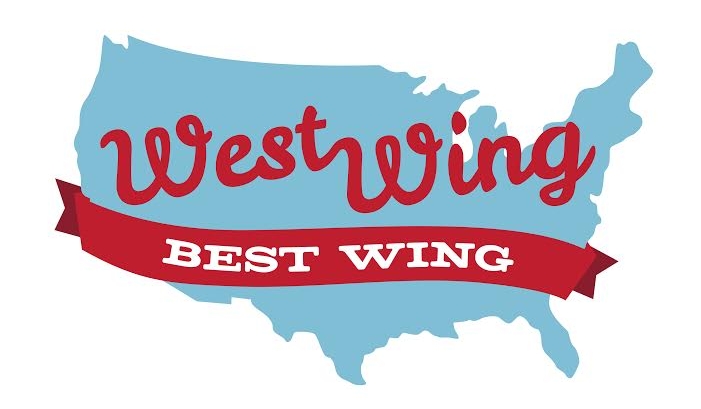What Ted Cruz Can Learn From Queens, New York
I used to work in communities that had been destroyed following Hurricane Sandy, and had the privilege of meeting some of the most resilient and generous people New York has to offer. Following Hurricane Harvey, my friends from the Rockaways and Howard Beach sprang into action, setting up places where people could donate hygiene products, socks and other essentials, providing lists where people could donate money, and sharing their knowledge and experiences with those affected by the flooding.
What people in Queens know is that hurricanes are not political, and disasters are a time for the nation to come together and rebuild. If everyone thought like my friends in Queens, there wouldn’t be any need for debate about government funding in response to disasters. But unfortunately, even though our President hails from the same borough, there’s very little of the Queens solidarity in Washington.
Even if your home state is not affected by disasters, emergency management impacts all of us. Disaster recovery is incredibly expensive. 120 billion dollars in federal aid was spent following Katrina. 50 billion federal dollars have been spent following Sandy. And that is just federal money. When able, state governments can chip in their own funds, but disaster assistance is primarily handled by the federal government. And disaster assistance from the federal government means disaster assistance with our federal tax dollars. So even if it may not seem like it, how much the government chooses to spend on disasters may affect you.
The high price tag of disaster assistance is what prompts many Republicans to vote against funding bills following hurricanes, flooding, or fires. Multi-billion dollar appropriations bills give many fiscally conservative politicians pause, and it means that a lot of Republican elected officials have a long history of voting against disaster assistance.
Except when their state needs it.
Back in January of 2013, when the House had a chance to vote for federal funding to help New York and New Jersey recover from Hurricane Sandy, 23 Texas congressmen, and both of Texas’ senators voted against disaster relief. 14 of those congressmen had voted in favor of aid to New Orleans following Hurricane Katrina, but declined to support Sandy funding.
Many Texas Congressmen, including Mike Conaway, Louie Gohmert, Kenny Marchant, Randy Neugebauer and Mac Thornberry voted against Sandy funding but had themselves requested funding and support following wildfires, tropical storms, and hurricanes back in Texas.
Senator Cruz and Senator Cornyn claim that they voted against Sandy funding because it contained spending measures unrelated to disaster relief, like repairs to Head Start Centers damaged by the storm, and assistance to fisheries that suffered due to Sandy. Both also voted no on a smaller, $9 billion dollar bill, which suggests the issue was not the size of the aid, it was the aid itself.
Before you think I’m unfairly picking on Texas, know that this hypocrisy knows no state lines. Scott Garrett of New Jersey voted against aid for Hurricane Katrina back in 2005, but supported aid for Hurricane Sandy. When it was his own state that was facing the devastation of a natural disaster, Representative Garrett suddenly realized how vital extra funding was.
Now, I am not at all opposed to elected officials asking for funding for their state following disasters. In fact, I think the job of the government is to help communities recover after disasters. What angers me, and I think what angers many New Yorkers, is politicians who vote against any and all federal spending, until they need help. Politicians who are unwilling to loosen the purse strings for anything, except things in their own backyard. It's hypocritical, it shows a severe lack of empathy, and for someone like Ted Cruz, who had presidential ambitions, it shows an inability to think about the country as a whole.
Everyone, including the most fiscally conservative Republican, turns into a progressive when an issue matters to them. When a natural disaster hits their community, even a small government conservative will fight for increased federal funding. People hate government spending, until they collect their Social Security, which together with Medicare represents close to 50% of government spending. People who know a gay person are more likely to support gay rights.
Unfortunately for our nation as a whole, some people cannot extend that empathy to its logical conclusion, and care about all people. Federal disaster funding is empirical proof that a helping hand only applies to certain people, certain places. And it hurts our whole country when elected officials hypocritically protect their own communities, and give no support to the rest of the nation.
In Hamilton Beach, Queens, residents received donations from as far as South Carolina (where Senators voted against aid for Hurricane Sandy). Now, Hamilton Beach residents are collecting donations for the people of Houston. If national politicians, including our president, could look to the people they actually represent, they may learn a thing or two about empathy and how to really respond when disaster hits.
